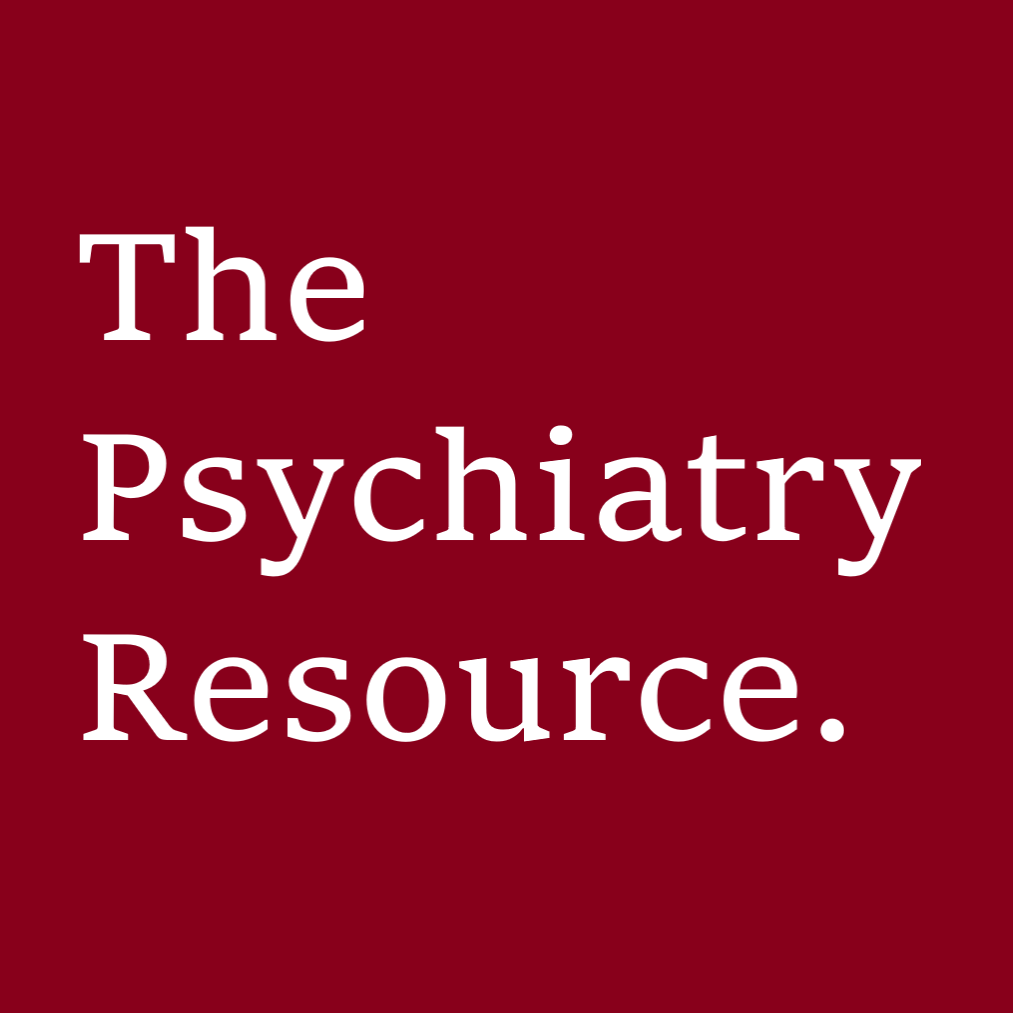Image: The Whole-Brain Child by Len Lantz (CC BY-NC-ND)
Synopsis: Len's Star Rating: 8 out of 10. A concise read and a very good book that blends parenting strategies with the science of childhood emotional and cognitive development.
BY LEN LANTZ, MD, author of unJoy / 5.17.2020; No. 17
Disclaimer: Yes, I am a physician, but I’m not your doctor and this article does not create a doctor-patient relationship. This article is for educational purposes and should not be seen as medical advice. You should consult with your physician before you rely on this information. This post also contains affiliate links. Please click this LINK for the full disclaimer.
Star Rating – 8 out of 10
Rating guide: 1 = horrible, 5 = average and 10 = wow
Authors
Daniel J. Siegel and Tina Payne Bryson
About the authors
Daniel J. Siegel, MD, is a pediatric psychiatrist, researcher and bestselling author of books on parenting and child emotional development. He is a clinical professor of psychiatry at the UCLA School of Medicine, Co-director of the UCLA Mindful Awareness Research Center and Executive Director of the Mindsight Institute.
Tina Payne Bryson, PhD, is a child psychologist, Director of Parenting for the Mindsight Institute and Child Development Specialist at St. Mark’s School in Altadena, CA. She also co-wrote another book No-Drama Discipline with Dr. Siegel.
General description
The Whole-Brain Child is a book written for parents or other caregivers of children to help kids in their neurodevelopment and relationships. The book blends the science of the brain with intellectual development, emotional development and effective parenting approaches. The Whole-Brain Child focuses on helping kids with integration, making neural connections between different areas of the brain as they work to make sense of their emotions and thoughts. Topics covered in this book include:
Strategies for bringing together the left and right hemispheres of the brain
Ideas for integrating the emotional center of the brain to cognitive processes
Pointers on dealing with negative life events
Approaches for coping with powerful emotions and unbalanced thoughts
Activities for enhancing relationships
Unique and most important aspects
The Whole-Brain Child stands out as a parenting book that effectively ties the use of brain science into parents’ teachable moments with their children. The authors use stories to teach parenting and neurodevelopment concepts and encourage parents to use stories to teach their kids and help them to cope with strong emotions. The book also includes a section called “Integrating Ourselves” at the end of each chapter to help parents work through their own issues. The authors use cartoons effectively in a style that is reminiscent of the legendary parenting book How to Talk So Kids Will Listen & Listen Will Kids Will Talk. The book felt a bit more conceptual than practical, but the “Whole-Brain Ages and Stages” section at the back of the book is quite good and adds strength and specific recommendations. Important concepts from this book include:
Recommending playfulness in some of the strategies
Starting with empathy before encouraging the child to think and reason
Using cartoons to teach brain processes to kids
Mentioning a strategy for teaching morality
Incorporating several therapy techniques
Exposure and response prevention
Mindfulness exercise
Cognitive reframing
Framing neurons in a concrete way as “sponge neurons”
Best quotes
“By giving your children repeated experiences that develop the whole brain, you will face fewer everyday parenting crises. But more than that, understanding integration will let you know your child more deeply, respond more effectively to difficult situations, and intentionally build a foundation for a lifetime of love and happiness. As a result, not only will your child thrive, both now and into adulthood, but you and your whole family will as well.”
“A clear understanding of integration will give you the power to completely transform the way you think about parenting your kids. It can help you enjoy them more and better prepare them to live emotionally rich and rewarding lives.”
“The good news is that by using everyday moments, you can influence how well your child’s brain grows toward integration.”
Who would enjoy this book?
Readers who are looking for more scientific depth as to why certain parenting approaches are effective in child development would likely enjoy The Whole-Brain Child.
Who would not enjoy this book?
Readers who desire strategies without biological explanations or readers who do not like overly simplified descriptions of the brain might not enjoy The Whole-Brain Child.
Conclusion
The Whole-Brain Child is a concise read and a very good book that blends parenting strategies with the science of childhood emotional and cognitive development.

